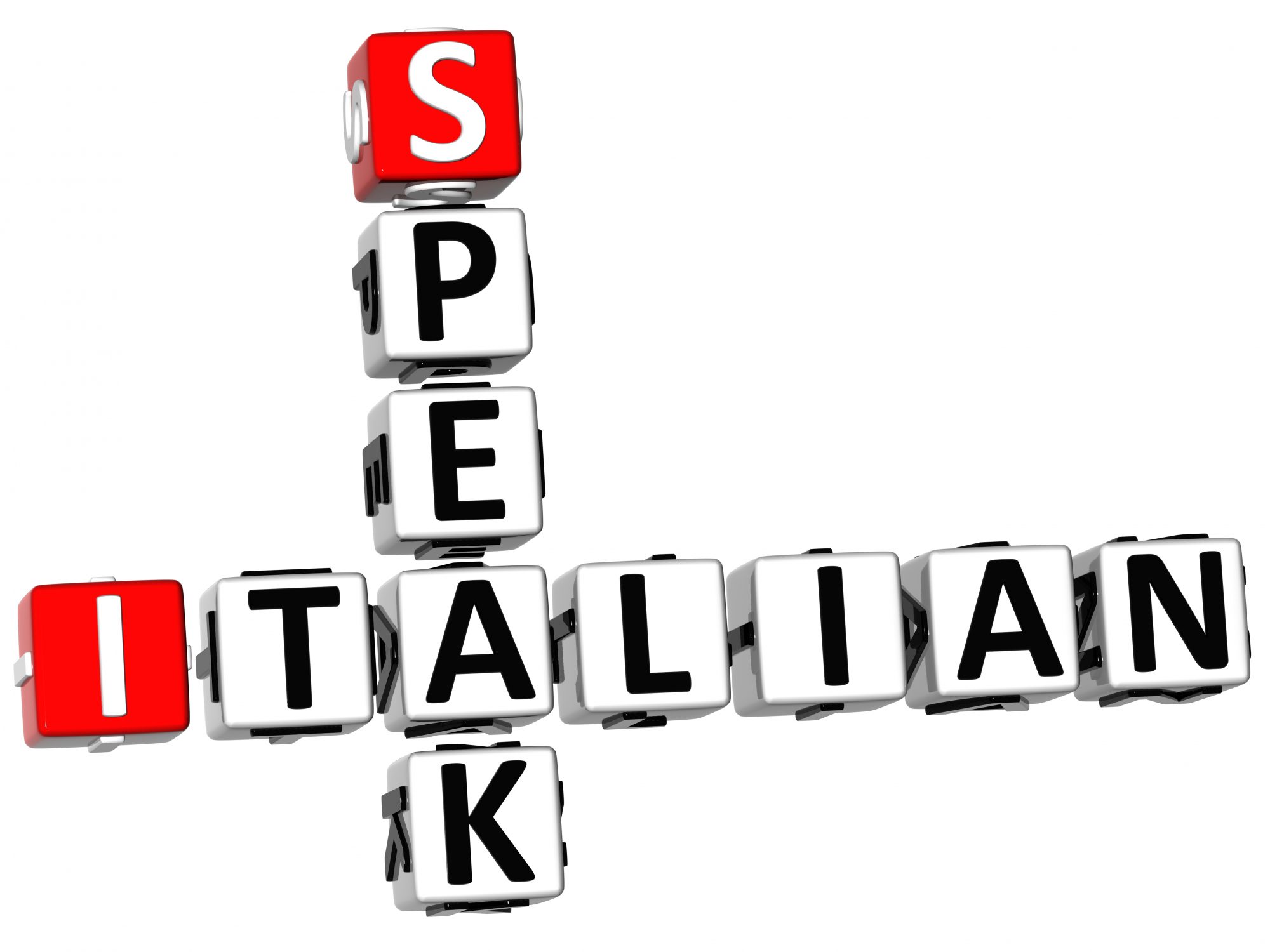If you’re heading to Italy, don’t be the person who doesn’t know a word of italian! Remember the old saying : when in Rome, do as the Romans do. That means that it’s worth the effort to try and fit in with the Italians and, like anywhere else, rhetoric is the key to getting things done – just as long as you know how to use it. Learning Italian, after all, is not the exactly the same thing as learning how to speak Italian. Here are some tips on how to speak Italian and not sound like a tourist in Italy.
“Allora” All-or-ah
Not often used as a conversation starter, ‘allora’ is perfect for keeping interest during debate and discussion. Roughly translated as “so” or “therefore,” ‘allora’ is a phrase that you’ll hear a lot during conversations in Italy. You’ll find that ‘allora’ is used most commonly as an expression to bridge thoughts and descriptions when you’re in Italy. Remember, in Italy, you want to stay off the radar and be completely grey (a color associated with not standing out). Using ‘allora’ will help you seem like an American who has been paying attention to the Italian culture and the language, and, it will keep you from sticking out.
“Boh” Bo
Clearly, slang is one of the most important aspects of fitting in. That’s why ‘boh’ is a perfect phrase for Americans who simply “don’t know.” ‘Boh’ is Italian slang for ‘non lo so’ (I don’t know) and is a great phrase for travelers who are unsure of what to say or how to say something. The expression is very casual and will help you seem like you’re picking up on Italian idioms and that you are an open-minded and attentive traveler.
“Andiamo” On-Di-Ah-Mo
You’ll be rushing when you get to Italy. I guarantee it. If you’re trying to get from one location to another with out any fuss, use this phrase. Translated as ‘let’s go,’ you’ll need to keep this one handy if you’re running late or rushing to get somewhere. ‘Andiamo’ is a good way to let transportation assets like taxi drivers know that you are all set and ready to get going. Be careful with how you use ‘andiamo’ as it is a word that can make you seem impatient if you say it too many times or in the wrong tone. When you’re traveling in Italy, ‘andiamo’ is definitely one of the most important phrases to know.
“Basta” Bas-Ta
You’re tired, it’s been a long day, or you’re full and the waiters are still bringing out more food. ‘Basta e basta’ – enough is enough. Use this phrase when you’ve had enough or are too tired to keep going. You can also use ‘basta’ as a way to tell others to stop or that your done with a specific activity. More importantly, as a traveler, make sure you understand this phrase as well as you can. I’m very glad I learned this phrase as I almost overpaid for a souvenir when I was at a market festival in Perugia. The Italian saleswoman said ‘basta’ and that quickly let me know that I had given her the right amount of money. ‘Basta’ is an absolute must-know phrase and will definitely help you out during your time in Italy.
“Quanto Costa” Ku-anto Cost-ah
‘Quanto Costa’ is how you ask for prices in Italy and it is an invaluable tool if you’re, well, purchasing anything. Unlike the United States, a lot of items, menus, and souvenirs in Italy are not always labeled. Literally translated as ‘how much,’ this phrase will be very useful if you need to know the monetary value of an item that you wish to purchase. Out of all the phrases that I used in Italian, this was probably the most helpful. ‘Quanto costa’ is definitely the most important phrase you’ll need to know if your heading to Italy on a budget.
Was this small lesson useful? Let us know what else will you like to learn!
